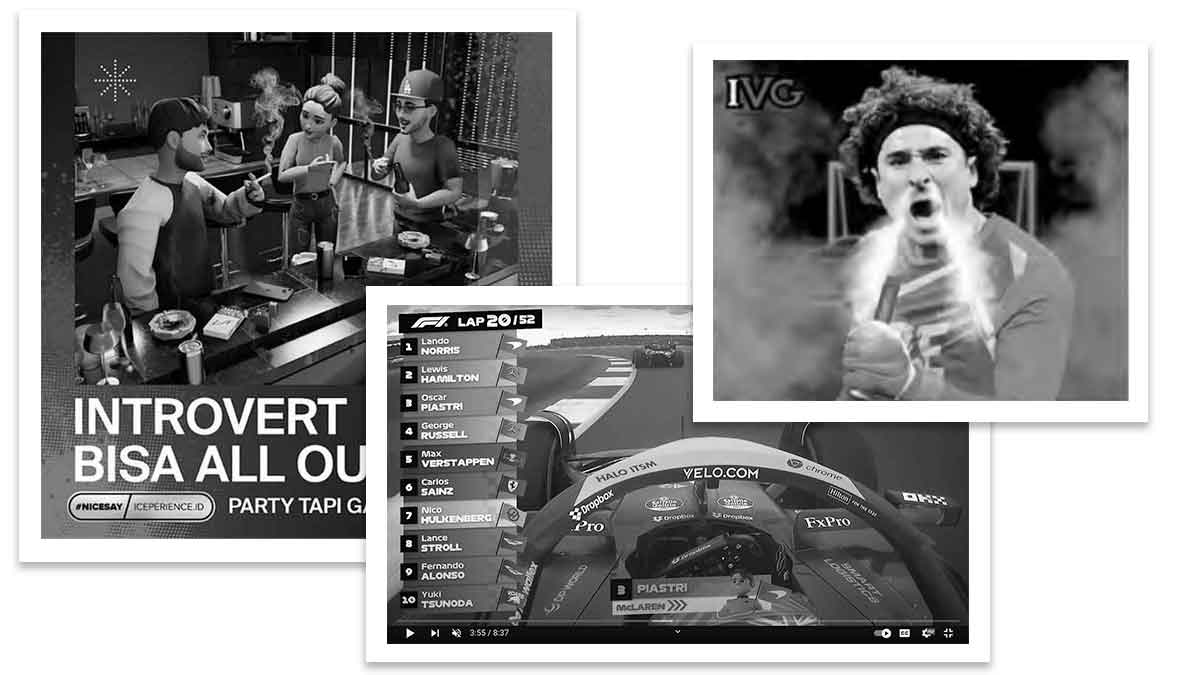- Resources
- News
-
-
Now Accepting Grant Funding Applications
Ready to tackle industry interference? Apply by February 25.
-
Get Email Updates
Sign up for STOP's emails and never miss an update on our latest work and the tobacco industry's activity.
-
Share a Tip
Do you have information on tobacco industry misconduct in your country? Let us know.
-
Now Accepting Grant Funding Applications
Next Generation Addiction
April 27, 2021

Statement from Sandra Mullin, Senior Vice President, Vital Strategies, a Partner in STOP
Read this press release in French or Spanish.
(New York, April 27, 2021) – As a growing number of countries consider bans on flavored tobacco, policymakers need to be alert to tobacco industry tactics, including meddling that delays progress and new products they may introduce to get around bans. These countries include the U.S., where consumer, health and human rights groups are urging the U.S. Food and Drug Administration to finally ban menthol cigarettes, and New Zealand, where Smokefree Aotearoa 2025 proposals include a ban on filters, partly to ban capsules (crushable spheres of flavoring) placed inside filters and innovations in flavoring.
Sandra Mullin commented: “Some tobacco companies are trying to persuade policymakers and the public that they want to reduce cigarette use, but their approach to flavored cigarettes belies this. The truth is the industry uses a flavors strategy to hook women and young people. And in the U.S., menthol cigarettes, an additive that makes it easier for people to become addicted, has been aimed at Black people. This marketing of flavored cigarettes is just business to the industry and it continues to introduce new flavored products, fight proposed bans and subvert existing bans1.
In the U.S. alone, menthol cigarettes may have recruited more than 10 million additional smokers and slowed the decrease in smoking rates by 2.6%, between 1980 to 2018. Black people are disproportionately represented in those numbers: around 86 percent of Black smokers smoke menthol cigarettes compared with fewer than 29 percent of white smokers. This contributes to race-based health inequities and the deaths of more than 45,000 Black Americans every year. On the other side of the world, in Indonesia, 9 out of 10 smokers use kretek, clove-flavored cigarettes, contributing to Indonesia’s high rates of tobacco use—among the worst in the world.
In many countries, the tobacco industry is ramping up the availability and variety of flavor capsule products2 and ‘concept’ branded cigarettes with descriptor names that suggest sensation or flavor properties to increase their appeal3. These ‘concept’ products include sub-brands of some of the world’s biggest and most well-known cigarette brands from companies that claim to be interested in reducing tobacco harm.
Banning flavored tobacco makes a difference: research from Canada finds that after product bans in seven provinces, more than one out of every five menthol smokers quit smoking altogether. Many jurisdictions that have considered or implemented a ban have faced intense lobbying4. We’re seeing tobacco industry lobbying increase in the U.S. and New Zealand to oppose these bans; policymakers will need to resist these efforts and look to ways to call out and challenge these industry tactics and products.
It’s time for change in the U.S. and other countries where tobacco companies still use flavor to peddle addiction and harm. And comprehensive flavor bans are essential to stop the industry using ingredients, flavors, accessories and branding that start and keep people smoking.”
Additional information:
1. The EU Directive on flavored tobacco provides several examples of how the tobacco industry can subvert bans that are not fully comprehensive. The EU banned “characterizing” flavors, however:
- menthol may make smoking more palatable even if it can’t be tasted; the industry introduced products with low levels of menthol.
- the regulations only extended to cigarettes and roll-your-own tobacco; the industry introduced menthol cigarillos.
- the regulations did not extend to accessories; the industry introduced capsules that the smoker adds themselves.
The Irish Health Service Executive is investigating tobacco companies over alleged breaches of the EU ban, with reports of similar industry tactics across a number of EU countries.
2. Flavor capsule products include cigarettes with flavor capsules already embedded in the filter and capsules consumers can buy to use with their usual cigarettes. Capsule cigarettes are sold in in more than 67 countries, including Argentina, Chile, Guatemala, Mexico and Peru in Central and South America and Cambodia, Indonesia, Malaysia, Philippines, Singapore and Vietnam in Asia. They are reported to be the fastest growing segment of the combustible cigarette market and to be popular among youth due to the interactive nature of the product.
3. An analysis of ‘concept’ branded cigarettes in Mexico and the U.S., including sub-brands of some of the world’s biggest and most well-known cigarette brands from companies that claim to be interested in reducing tobacco’s harm, found they were menthol products. In Canada, tobacco companies even market unflavored cigarettes with ‘concept’ descriptor names that suggest sensation or flavor properties to increase their appeal.
4. Canada, Brazil, Ethiopia, Moldova, Nigeria, Senegal, Turkey, the European Union, Uganda, and the United Kingdom all faced intense lobbying from tobacco interests before enacting bans on menthol-flavored cigarettes. Philip Morris International launched an unsuccessful legal appeal against the EU menthol cigarette ban. Research from STOP partners at the University of Bath alleges that industry tactics increased menthol sales leading up to the U.K. ban.
Please contact the STOP press office for more information or to speak to a STOP spokesperson.
About STOP (Stopping Tobacco Organizations and Products)
STOP is a global tobacco industry watchdog whose mission is to expose the tobacco industry strategies and tactics that undermine public health. STOP is funded by Bloomberg Philanthropies and comprised of a partnership between The Tobacco Control Research Group at the University of Bath, The Global Center for Good Governance in Tobacco Control (GGTC), the International Union Against Tuberculosis and Lung Disease (The Union) and Vital Strategies. For more information, visit exposetobacco.org.


